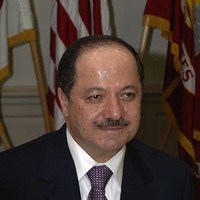
Counterinsurgency theorists and stability operations specialists concur that developing competent local police forces is an absolute imperative to stabilize a fragile state. Yet, the U.S. government frequently seems to honor this principle in the breach. Indeed, the United States lacks the ability to effectively train and develop what is arguably the most important component of a state’s internal security forces. This gap was clearly illustrated by the American experience with police-building during the decade-long interventions in Afghanistan and Iraq, with significant consequences in both countries. A survey of those efforts makes it clear that the development of effective indigenous police […]


